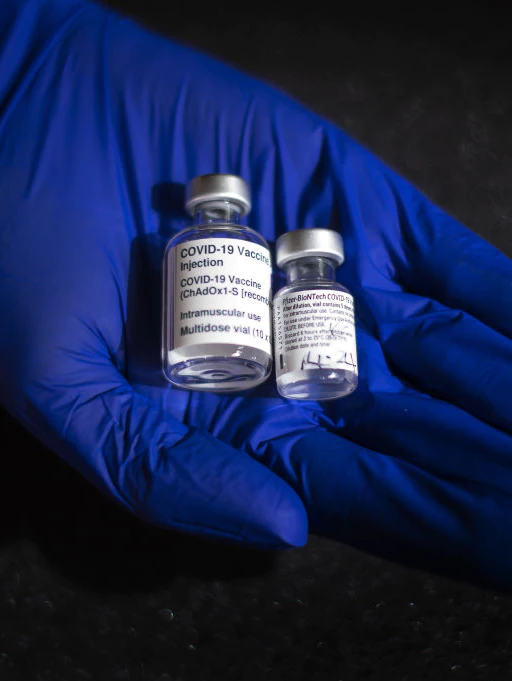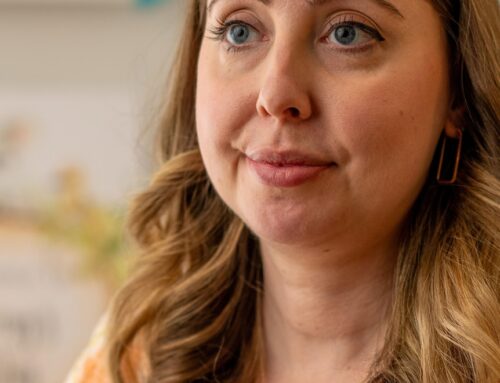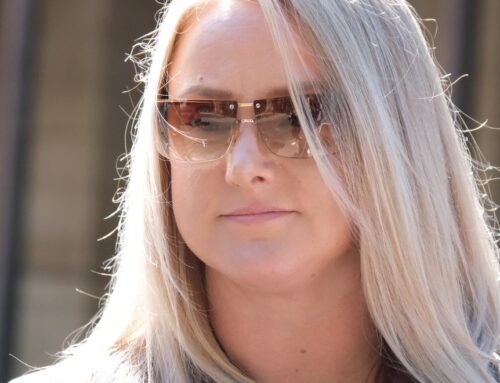People who have previously had COVID-19 may only need one shot of a coronavirus vaccine to be protected, according to new research.
But experts say all Australians — regardless of whether they’ve been infected or not — should still get two doses.
Key points:
- Two studies suggest people who’ve previously had coronavirus develop antibodies that help protect them against being reinfected
- Two-dose vaccinations prompt a similar response to people who’ve previously been infected with COVID-19
- We still don’t know how long the protection by antibodies or COVID-19 vaccines will remain effective
The study, published this month by The Journal of the American Medical Association, found people who have already had COVID-19 — even those who didn’t show symptoms — had higher antibody responses to a single vaccine dose than those who were not previously infected.
About 4,000 participants were given either the Pfizer vaccine (which is approved for use in Australia) or the Moderna vaccine, both of which use new mRNA technology.
David Gordon, head of microbiology and infectious diseases at Flinders University, said the difference in responses between the two groups was immediate.
“Seven days after the vaccination, people who haven’t had COVID essentially have no detectable antibody [responses] at all … and then 14 days after the vaccine, the antibody level starts to go up,” Professor Gordon said.
“But if you take the people who were antibody positive at the beginning, who’d had COVID, they have colossal antibody responses within seven days.”
Experts say findings ‘not surprising’
Larisa Labzin, research fellow at the Institute for Molecular Bioscience at the University of Queensland, said the results weren’t surprising.
“Essentially, all a vaccine is doing is trying to trick the immune system into thinking that it’s seen the virus before,” she said.
“If you’ve already had COVID, your immune system has already encountered the virus and it’s kept its arsenal of weapons on file, so it’s ready to respond.
That’s also why we have two vaccine shots.
“We know the immune response is stronger upon that second challenge,” Dr Labzin said.
We still don’t know how long the COVID-19 vaccines will remain effective, and whether or not we’ll need a booster shot in future to protect against new variants.
Influenza, for example, needs an annual flu jab because the virus mutates every year.
Professor Gordon said while initial the results of the study were encouraging, it was limited in what it could tell us about immunity because it didn’t compare participants after the second dose.
“There’s always been a little bit of a question mark about how long the immunity to coronavirus will last, and fundamentally that will depend on whether there is a memory immune response,” he said.
“And this study indicates that there is a memory immune response.”
Infections ‘not a contraindication to vaccination’
Space to play or pause, M to mute, left and right arrows to seek, up and down arrows for volume.
The study suggests, given ongoing worldwide vaccine shortages, there may be merit for a single-dose vaccine regime for people who have had COVID-19.
But the Australian Technical Advisory Group on Immunisation says previous infection with the coronavirus is “not a contraindication to vaccination”, meaning there’s no additional risk and getting the vaccine is still a good idea.
Dr Labzin backed that recommendation.
“There is no evidence that having two doses of the vaccine after having COVID will be dangerous; if anything it’s going to be safer, so it’s better to err on the side of caution.”
Previous infection may protect against reinfection
Further research, also published in the JAMA, appears to show that people who’ve previously been infected with SARS-CoV-2 (the virus that causes COVID-19) are well protected against being reinfected.
It builds on the same concept behind the previous research; that the immune system remembers the spike protein and mounts a response more quickly than in people who haven’t been infected.
That kind of finding is exactly what the whole principle on which vaccines are based on, Dr Labzin said.
“It keeps the details of that on file and also the details of how we fought off the virus in terms of the antibodies.”
The body fights off viruses like SARS-CoV-2 by binding antibodies to it, which stops it getting into the cells and infecting the body.
Professor Gordon said participants in the second study appeared to be better protected as time went on.
The study of 3.2 million people found that while the risk of being reinfected was not reduced in the first 30 days, it became more pronounced after 30 days and progressively strengthened through the 90-day observation period and beyond.
“It is consistent with what we would expect from immune responses to many viral infections,” Professor Gordon said.
After the body is first exposed to the virus, it takes one or two weeks to develop a good response.
“We know that with COVID, if you get infected today you don’t get antibodies today, or the next day; it takes weeks to develop a good immune response,” he said.
“But the immune system has a memory capacity, so then when you get exposed to the same virus six months later or in many cases years and years later … the immune response is very rapid.”





